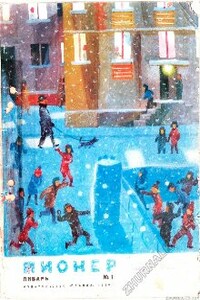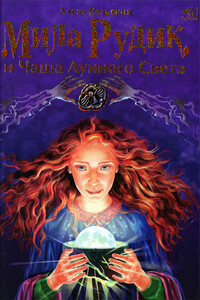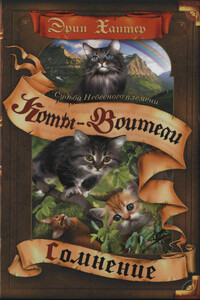The Replacement | страница 5
I looked around, but the hall was empty. The doors leading out to the courtyard were closed. It had been raining all day and there was no one on the grass.
The smear was a dark, gummy red, and I stood with my hands against my forehead. It was a joke, some kind of mean, stupid trick. It wouldn’t be too much of a stretch to come up with it—you wouldn’t have to guess. I am notorious for being the guy sitting on the ground with my head between my knees when someone gets a bloody nose.
It was a joke because it had to be. But even before I moved closer, I knew deep down that it wasn’t. Someone had gotten creative with a paper clip or a key. They’d scratched the word Freak into the congealing mess.
I took my sleeve and scrubbed at it, feeling sick and out of breath. I got most of the blood off, but Freak stayed right there on the door. It was scratched into the paint and blood had settled into the letters so the word stood out dark against the beige enamel. Looking at it made the rush of static sweep in again. I backed away and almost fell. There was just my slow, stuttering heartbeat.
Then my hand on the wall, feeling for the door, the empty courtyard, the fresh air.
I was in kindergarten the first time my dad told me about Kellan Caury.
The story was short, and he told it over and over, like Winnie-the-Pooh or Goodnight Moon. When my dad told it, I could see the important parts like scenes from an old movie, flickering and grainy. Kellan Caury would be quiet and polite. A grown-up, maybe in his thirties.
He was like me. Mostly. Except that he had an extra set of joints in his fingers and I always pictured him in black and white.
He ran a music repair shop on Hanover Street and lived above it in a little kitchenette apartment. He couldn’t tune pianos because he couldn’t stand to touch the steel wires, but he was honest and fair and everyone liked him. His specialty was fixing violins.
When kids started to go missing, no one thought that much about it. It was the Depression, and no one had enough food or enough money, and kids were always disappearing. They got sick or ran away, or died from accidents or starvation, and that was too bad, but no one really got suspicious or asked that many questions.
Then the sheriff’s daughter disappeared. This was in 1931, just before the end of October.
Kellan Caury had never hurt anyone, but it didn’t matter. They came for him anyway.
They dragged him out of his little kitchenette apartment and down into the street. They burned out his shop and beat on him with wrenches and pipes. Then they hung him from a tree in the churchyard with a bag over his head and his hands tied behind his back. They left his body there for a month.



